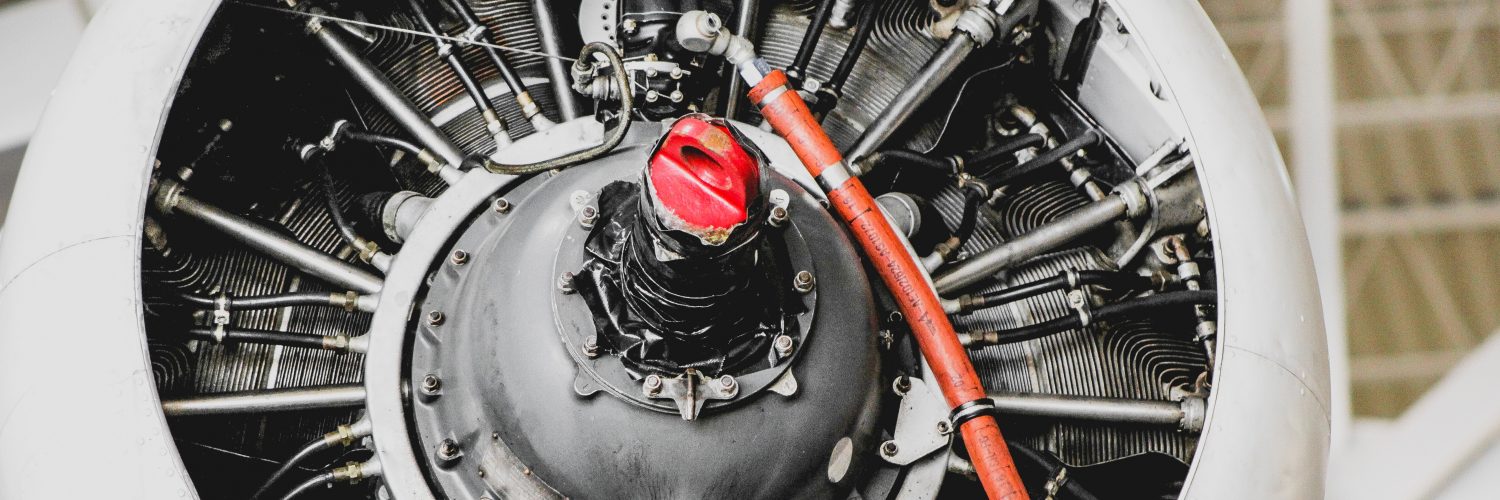Arizona is known for its five C’s: citrus, cattle, copper, cotton, and climate. All good and well there. But it should also be known for its two A’s: agriculture and aerospace. The former continues to drive business between our state and Mexico, and the latter continues to grow at a fast clip.
From Tucson to Phoenix, the aerospace industry in Arizona has always been a staple of a greater engineering effort, hiring technical minds and putting them to work for the last 70 years. Now, a new $5 million contract is adding to that, planning to bring on 75 new jobs over the next three years in the industry.
“The 75 jobs, with a wage higher than the county average, will be filled by people who live in the area or will move to the area and purchase homes, goods, and services from local vendors, restaurants, and stores. The economic impact will be felt throughout the community,” said Kim Lofgreen, Marketing & Business Development Manager for the City of Mesa’s Office of Economic Development.
CAVU Aerospace, an Arkansas-based aerospace manufacturer with plant locations in Roswell, New Mexico, Victorville, California, and Goodyear, Arizona, is investing in a new aircraft maintenance facility near Phoenix-Mesa Gateway Airport in East Mesa. The 80,000-square-foot facility named CAVU Component Repair will repair wide, narrow-body, and regional aircraft for Airbus, Boeing, Bombardier, and Ebraer aircraft types.
The Mesa location will be housed at the Landing at PMG, a newly opened subdivision just north of the airport, and is targeted to open in November. Jobs in maintenance and repair will start at around $50,000 and up.
The new CAVU location will also be an opportunity for local vendors to work with the company. Everything from electricians to painters to engineers are being eyed to build the new location from the ground-up.
“We are looking to do everything local, use local vendors. That’s what we want to do. From paint booths to tooling, we want to make those connections,” said Ken Kocialski of CAVU. “The building is a new shell of a building. The brand new electrical work is at least a quarter-million [dollars] in work. The initial cost will be conservative, but when we bring everything in, it’ll be a pretty incredible suite.”
Mesa Gateway, while technically a smaller regional airport with destinations like Wichita, Grand Rapids, Grand Forks, and Branson–instead of more major stops like New York City, San Francisco, Miami, and Dallas–has seen a rise in activity in recent years. The airport averages about 290,000 takeoffs and landings annually. On a yearly basis, the airport pumps about $1.3 billion into the state’s economy and supports about 10,000 jobs in the region.
Gateway is seeing boosts in more ways than just selling airline tickets and processing luggage. The airport is also increasingly landing industry-related expansions, acting as a hub for aerospace companies. SkyBridge Arizona, for instance, is gearing up for its own $230 million project at the airport that will create 17,000 jobs through its plans to create a joint U.S.-Mexico customs and cargo operation. And Mesa-based Able Aerospace Services is expanding its local industry footprint with a $9 million project that will expand its headquarters by next year, creating about 100 jobs.
For CAVU, the 75 jobs it will promote will mostly be in repair and maintenance of aircraft, like mechanics and engineers who will work on things like flight controls, landing, hydraulics, and wheels. The new location will also staff office administrators and quality control inspectors to flesh out its comprehensive operation.
“CAVU Aerospace coming to Mesa will bring more attention to the Mesa Gateway area as a prime location for aerospace companies,” said Lofgreen. “It shows our region has the assets, labor force, supply chain, customer base, and business-friendly environment that are necessary for aerospace companies to be successful.”
















Add comment